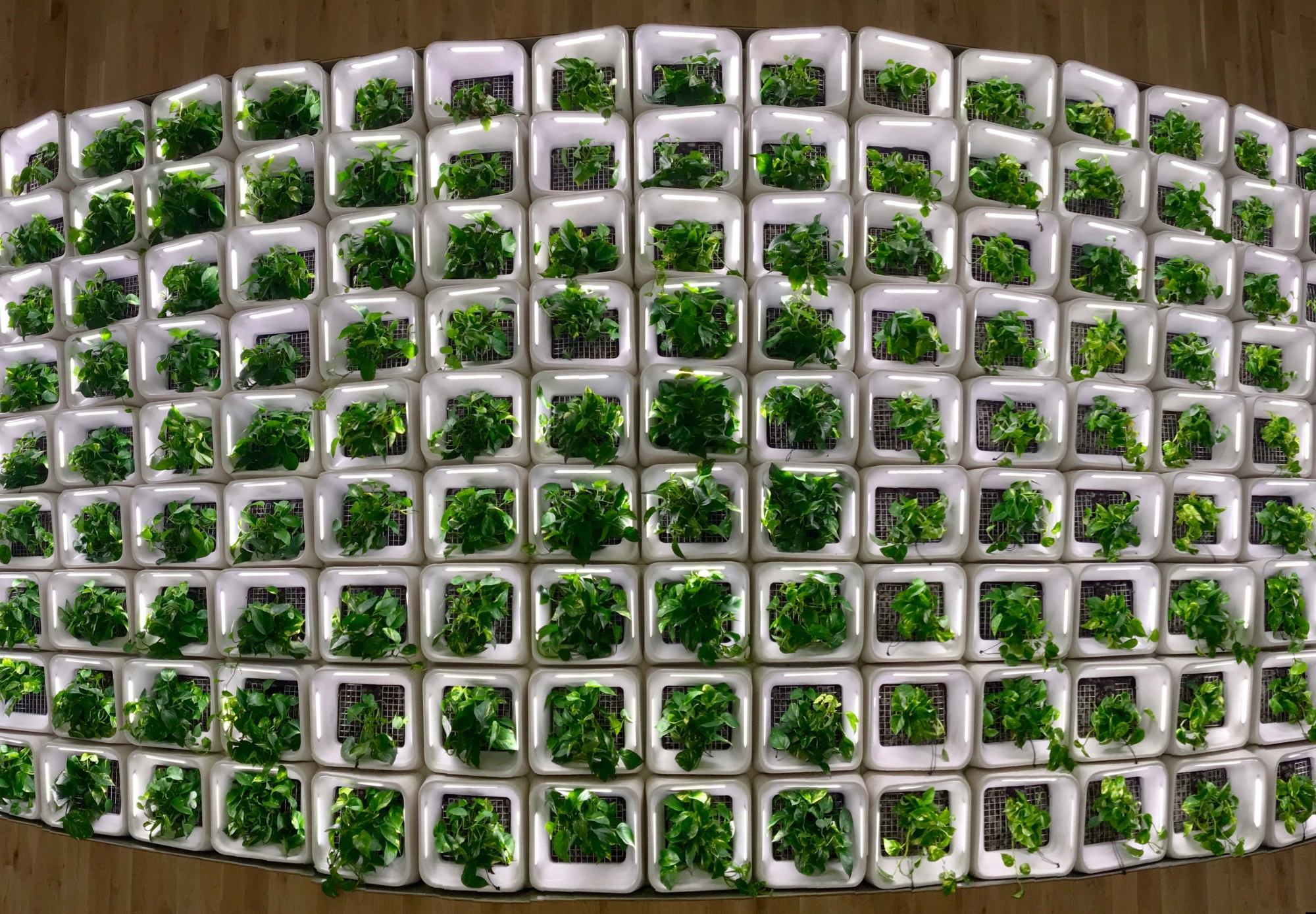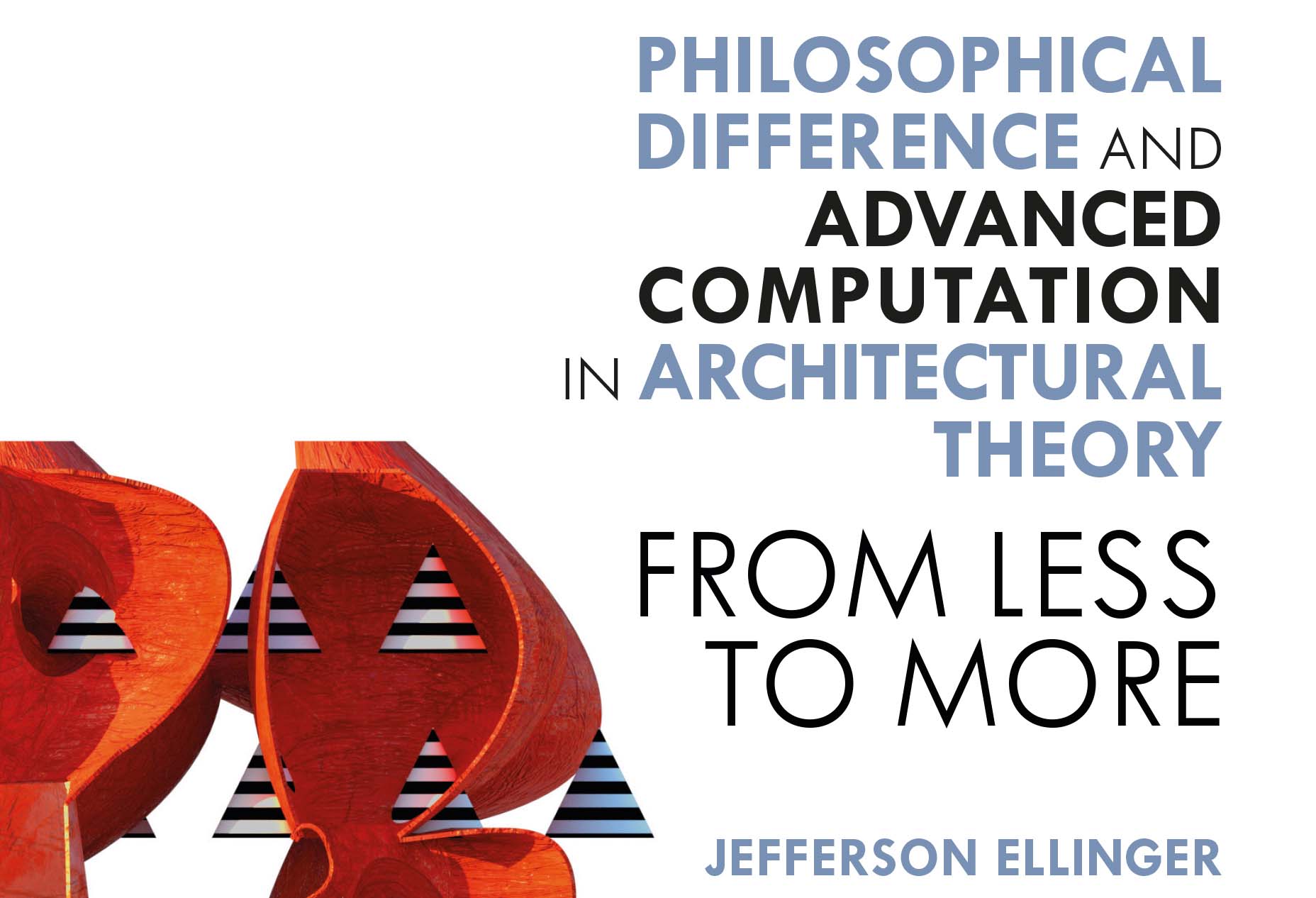
Faculty Research Connections Profile
Jefferson Ellinger is an Architect and Associate Professor at UNC Charlotte in the School of Architecture and Director of the Design Computation Program. He is also an affiliate faculty member in the School of Data Science at UNC Charlotte. Practicing as an architect he has built several projects throughout North America and won several international competitions, including being a MoMA Young Architects finalist. His work has been featured in multiple international publications, exhibited at the Museum of Modern Art in New York and was the subject of his TED Talk. He authored the book Philosophical Difference and Advanced Computation in Architectural Theory: From Less to More, published by Routledge. He is additionally a partner in FABS (Fresh Air Building Systems) dedicated to designing and producing next generation air filtering systems for the built environment. He holds a Master of Architecture from Columbia University in New York City and a B.S. in Architecture from the Ohio State University.
Explore HIS recent work
Ellinger and his project partners Joseph Choma and Wesam Al Asali are among 12 design teams shortlisted for the Tallinn Architecture Biennale (TAB) Installation Competition.
Organized by the Estonian Centre for Architecture, the Tallinn Architecture Biennale is the largest architectural festival in the Baltics.
With his partners at Fresh Air Building Systems, Ellinger installed the first active modular phytoremediation system (AMPS)—basically, a “probiotic” plant wall connected to the HVAC system—in the Bronx. The result is cleaner air and less energy use.
Ellinger's book "Philosophical Difference and Advanced Computation in Architectural Theory - From Less to More" (2021) presents a new take on the evolution of digital design theories in architecture from modernity to today, as they have been inspired both by contemporary philosophy and the emergence and access to advanced computation.


